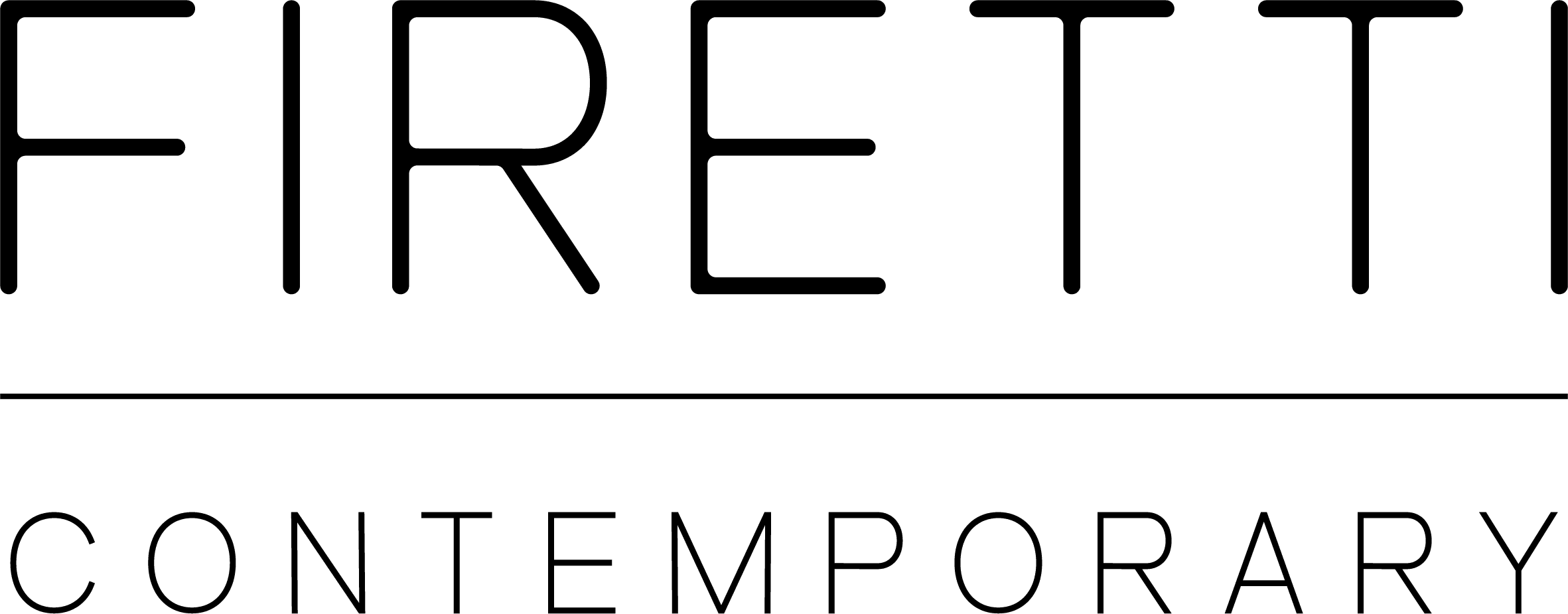"I’m Never Coming Back feels like something you say when a part of you has shifted for good. It’s not dramatic—it’s quiet, certain. It marks a turning point, even if you’re still figuring out what exactly changed."
Motherhood has been one of the most profound shifts in Aidha Badr’s life, and in ‘I’m Never Coming Back’, it naturally finds its way into her work. Not as a theme addressed directly or didactically, but as an undercurrent that shapes every gesture, image, and word. It is a presence that alters the texture of days and the weight of thoughts, infusing the work with a heightened sense of time, tenderness, and transformation.
The paintings unfold like diary entries: fragile, unfiltered, and emotionally exposed. They do not seek perfection or resolution but lean into honesty—sitting with change, with longing, and with love in its most vulnerable form. Badr paints from the liminal space between daughter and mother, between who she was and who she is becoming. What emerges is a portrait of rearrangement: identity shifting into new configurations, carrying forward what was while opening space for what is still taking form.
Self-Portraits and Words as Traces
The self-portraits anchor the exhibition. Fragmented and tightly cropped, they present the artist as a distant Madonna—aloof, protective, enigmatic. Unlike the soft intimacy of traditional Madonna-and-Child imagery, Badr withholds access. Her Madonnas resist sentimentality; they stare back with authority, asking the viewer to reckon with distance as much as with care.
Handwritten text punctuates these surfaces, fragments of an inner monologue: “Stay with me a little longer”; “I’m not the same and I’m never coming back.” These phrases refuse the neat arc of “before and after.” Instead, they articulate motherhood as an ongoing negotiation; it is a state of both longing and presence, protection and fragility. Like Mary Kelly’s Post-Partum Document (1973-79), which transcribed the minutiae of daily care into feminist form, Badr’s inscriptions collapse private experience into visual language, rendering visible what is usually silenced.
The Horse as Threshold
The recurring motif of the horse crystallizes this psychic terrain. Horses appear in many guises: a dissected toy, evoking the fragility and reconstruction of identity; two foals mid-movement, tentative and searching; and three studies that culminate in I Am Not the Same and I Am Never Coming Back. In this final work, a fully formed, proud horse towers over a toy version of itself, embodying both continuity and change.
If the self-portraits are interruptions, the horses are thresholds, figures of transition that mirror the artist’s own acceptance of change. As Badr explains: “Accepting change without fighting it—to move forward quietly, with grace. It’s not about running or escaping anymore. It’s about being present with whatever’s shifted, and finding a kind of freedom in that.” The horse, suspended between impulse and restraint, becomes the image of becoming: powerful, vulnerable, and unresolvable.
Between Daughter and Mother
Aidha Badr’s earlier practice centered on the daughter-mother relationship, interrogating the ways maternal figures shape early female subjectivity. With this new body of work, the lens shifts inward: the artist herself has crossed the threshold into motherhood, and her canvases serve as intimate territories of maternal identity, personal memory, and self-reflection.
Yet the daughter has not vanished. She remains within these works—curious, sensitive, looking back. The mother is quieter, more grounded, and protective. This layering recalls the work of Alice Neel, who painted mothers and children with radical honesty, refusing to idealize their bonds. It also resonates with Louise Bourgeois, who once cast the spider as both protective mother and looming threat. Like these artists, Badr insists on the complexity of maternal identity, folding tenderness and ambivalence into the same gesture.
A Meditation on Becoming
‘I’m Never Coming Back’ is ultimately a meditation on change: on what is gained in transition, and how identity rearranges itself through tenderness and care. Badr’s paintings trace this rearrangement with both fragility and authority, vulnerability and resilience. They carve out a space where maternal identity is not muted, erased, or sentimentalized, but treated as a site of profound aesthetic and psychological inquiry.
By turning her attention to this transformation, Aidha Badr opens space for conversations that resist or challenge the often Western idea of motherhood as a form of sacrifice or self-erasure.. Her paintings offer no single narrative, but rather a series of intimate gestures that acknowledge both fragility and abundance. They remind us that becoming is never linear, but layered and infinite: an endless unfolding of self, love, and time.


